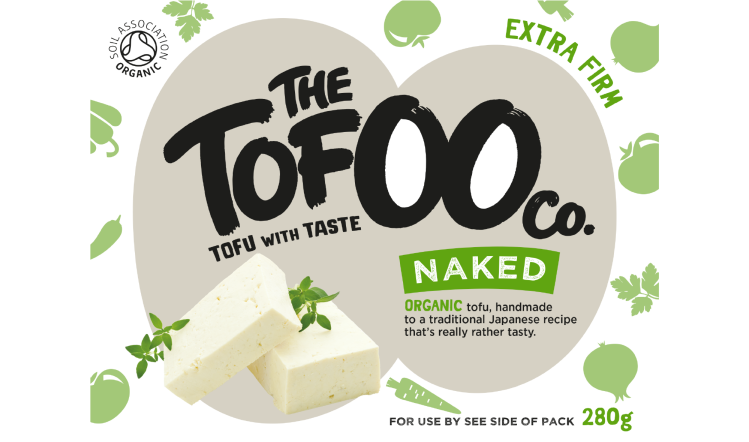Many of us are heeding government advice to eat less meat if we are high consumers. Average adult intakes of red and processed meat have already fallen to the recommended UK limit of 70g/day.
Health, ethical concerns and the environment are common reasons given for eating less animal-derived products. But are the purchased alternatives healthier and better for the environment?
Traditional vegan practices encompass a wide selection of minimally processed wholegrains, nuts, seeds and pulses alongside plentiful fruits and vegetables, with meals largely cooked from scratch.
Nowadays, it seems that front-of-pack flashes such as ‘vegan’ or ‘plant-based’ on processed foods are being used as a shortcut by some seeking healthier or more environmentally sustainable meal choices.
The numbers adopting a vegan diet remain low in the UK (1%), but many more are tapping into the increasing choice of plant-based ranges.
Cutting meat from the diet
In a YouGov survey, women – particularly those aged 18-34 – were more likely to limit their meat consumption than men. And women were more likely to consider themselves vegan than men (3% of younger women agreed, compared to around 1% of overall respondents).
Around 3% considered themselves vegetarian, again most frequently younger women. Some of the poorest quality diets are consumed by adolescents and young women. This makes it particularly important that the essential nutrients contained in animal-derived foods are provided in readily assimilated form by diets that restrict animal ingredients and, where this is impossible, via fortification.
But the overall nutrient profile of plant-based foods, including salt, saturated fat and sugar levels, also needs scrutiny. So, too, do their environmental credentials, such as greenhouse gas emissions, water use and energy utilized during processing and transportation of plant-derived ingredients from far-flung parts of the world.
What does the evidence show?
Eating healthily and sustainably without animal-derived ingredients is of course possible, but it is not as easy as simply omitting these from meals. Nutritious substitutes are required. On average in the UK, animal derived foods provide 46% of calcium, 54% of zinc, 61% of iodine, 27% of iron, 52% of riboflavin and 72% of vitamin D intakes. They are considered the only natural source of bioavailable vitamin B12.
It has long been recognized that a diet excluding all animal-derived ingredients is nutritionally incomplete without vitamin B12 fortified foods or a vitamin B12 supplement. The EPIC-Oxford cohort, one of the largest studies of vegetarians and vegans in the world, found 52% of vegans and 7% of vegetarians were deficient, according to blood levels of vitamin B12.
Also in the EPIC-Oxford cohort, 93% of vegan women and 94% of vegan men had an intake of iodine below the estimated average requirement (we would expect 50% to be below this level and 50% above). This compared to just under a third of vegetarians and just 4% of omnivores.
Milk is a major source of iodine in the UK and a recent paper from Surrey University has highlighted low iodine intake and status in exclusive consumers of milk alternatives that were not fortified with iodine.
In the case of iron, the large UK Biobank cohort shows lower haemoglobin levels, a risk factor for anaemia, in those excluding red meat. A meta-analysis of 24 studies indicates lower iron stores in vegetarians compared to non-vegetarians.
So, while animal-derived foods are not essential, it is vital the nutrients they contain are substituted via careful choice of plant-based alternatives, and that overall nutrient profile and environmental footprint are not compromised. This has implications for the ingredients used in plant-based alternatives.




